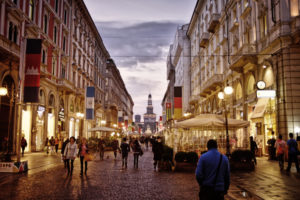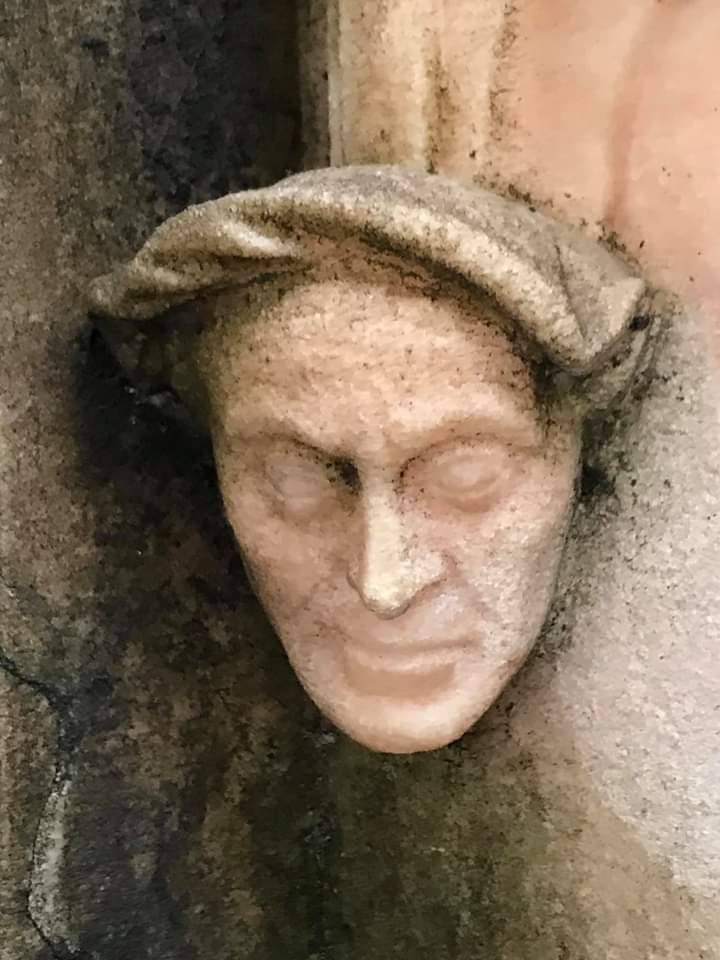
Dante Street in Milan
March 25 is the day on which Dante supposedly begins his journey narrated in “The Divine Comedy,” but from this year, it’s also the “Dantedì,” the day dedicated to Dante Alighieri. This very first edition will take place virtually with readings of the Divine comedy by Italian actors and public figures, made through videos.
The Ministry of Cultural Heritage and Tourism of Italy’s invitation is extended to schools and citizens who can also celebrate Dante Alighieri at a distance through social media, with readings or performances to be posted using hashtags: # Dantedì and #IoleggoDante. The next year will instead be the commemoration for the 700th anniversary of Dante Alighieri’s death, and other events will be organized.
Why is Dante so celebrated by Italians? In simple words, because he was the first to believe in the Italian language and to use it to write a book that nowadays we would consider “viral.”
Dante lived in a period, the fourteenth century, where Latin was considered the perfect language, that of the learned. On the contrary, the new languages deriving from Latin were reputed vulgar and of little importance. Writing “The Divine Comedy” in his mother tongue, using the XIV century’s Florentine language, Dante affirmed the exact contrary, and many seem to have appreciated it. The popularity rating can be measured by observing the wide diffusion of his work and especially considering that with some transformation, Dante’s Florentine language has become the basis of today’s Italian language. It sounds incredible, but most of the words we use in the Italian language we speak daily are already in the Divine Comedy. For a good 90%, Dante’s language is what we speak today in Italy, and don’t forget that in the Divine Comedy, he also puts some dirty words, in addition to terms of high cultural caliber. Dante showed us how our Italian language is wonderfully adaptable to any situation, and his message is still very current today.
Because of his ideals, Dante was exiled from Florence, and in his wandering, he also arrived in Milan in 1311. His stay here lasted just a few months; then, he went elsewhere. Milan celebrates him in many ways, but I will mention only those that are dearest to me: Dante is remembered by the name of one of the most animated central streets of the city, by a sculpture on the roof of the Duomo, by a portrait inside a splendid 15th-century fresco located in the apse of the church of S. Simpliciano. I can not wait to show you these corners in Milan. See you soon!

sculpture of Milan’s cathedral portraying Dante

Portrait of Dante in a fresco of the di S.Simpliciano church


